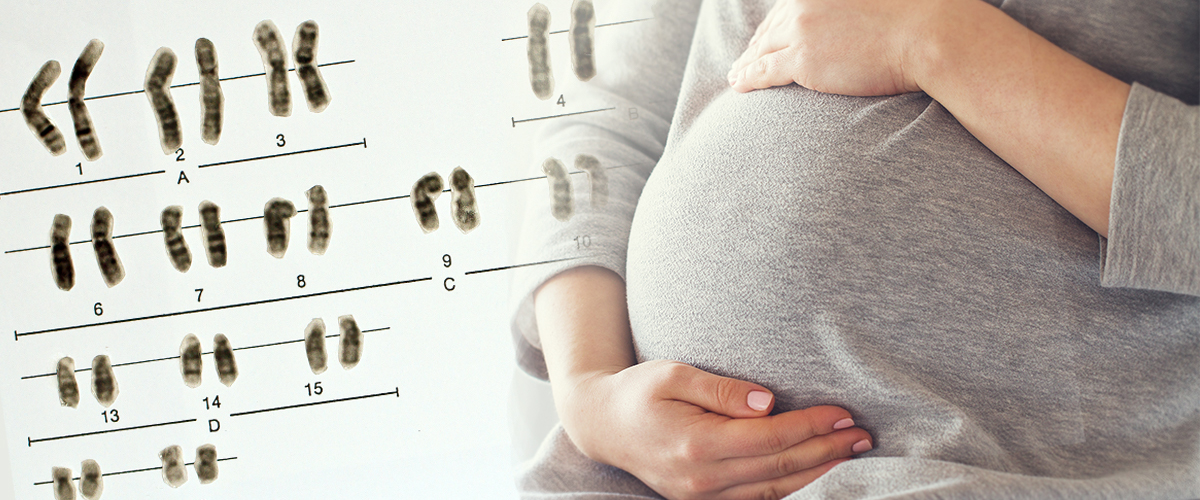
Chromosome checks during pregnancy are important for assessing the risk or presence of genetic abnormalities in the developing fetus. These tests can help identify chromosomal conditions such as Down syndrome (trisomy 21), Edwards syndrome (trisomy 18), and Patau syndrome (trisomy 13), among others. Understanding the options for chromosomal screening and diagnostic tests can help expectant parents make informed decisions about their prenatal care.
Screening Tests
Screening tests estimate the risk of the fetus having certain chromosomal abnormalities. They are non-invasive and pose no risk to the fetus but cannot definitively diagnose chromosomal conditions.
First Trimester Screening: Usually conducted between 11 and 14 weeks of pregnancy, this combines a blood test (measuring pregnancy-associated plasma protein-A and human chorionic gonadotropin) with a nuchal translucency ultrasound, which measures a specific area on the back of the fetus’s neck.
Second Trimester Maternal Serum Screening: Also known as the quad screen, it is performed between 15 and 20 weeks. This blood test measures four substances in the mother’s blood to assess the risk of certain chromosomal conditions and neural tube defects.
Non-Invasive Prenatal Testing (NIPT): Can be performed as early as 10 weeks of pregnancy. NIPT analyzes small fragments of fetal DNA circulating in the mother’s blood to assess the risk of specific chromosomal abnormalities.
Diagnostic Tests
Diagnostic tests can provide a definitive diagnosis but carry a slight risk of miscarriage due to their invasive nature.
Chorionic Villus Sampling (CVS): Conducted between 10 and 13 weeks of pregnancy, CVS involves taking a small sample of cells from the placenta to test for chromosomal abnormalities and certain genetic disorders.
Amniocentesis: Usually performed between 15 and 20 weeks, this procedure involves extracting a small amount of amniotic fluid through a needle inserted into the uterus. The fluid is tested for chromosomal abnormalities and genetic disorders.
Factors to Consider
- Age-related risks: Women aged 35 and older have a higher risk of having a baby with a chromosomal abnormality, but chromosomal conditions can occur at any age.
- Family history or previous pregnancies: A history of chromosomal abnormalities increases the risk in current pregnancies.
- Results interpretation: Screening tests can indicate a high or low risk of abnormalities but require further diagnostic testing for confirmation.
- Counseling: Genetic counseling is recommended to understand the risks, benefits, and limitations of both screening and diagnostic tests.
Decision Making
Choosing whether to undergo chromosomal checks during pregnancy is a personal decision. Factors such as the risk of chromosomal abnormalities, the potential impact of the results, and how the information would influence pregnancy management and decisions should be considered. Discussing these options with a healthcare provider or a genetic counselor can provide valuable insights and support in making the best choice for your situation.
In summary, chromosomal checks during pregnancy, through screening and diagnostic tests, offer valuable information about the genetic health of the fetus. These tests, combined with professional guidance, can help expectant parents navigate their prenatal care with greater knowledge and confidence.
To book online select the date and time that suits you best – alternatively, please contact us with any questions via the chat, call or email links provided.
Telephone: 020 7101 3377

